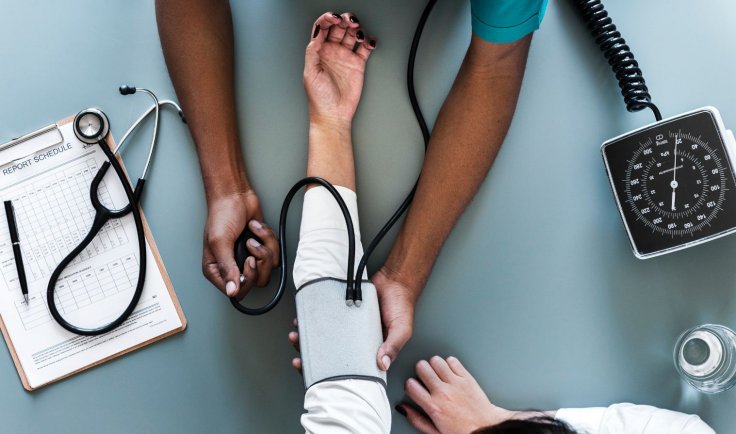A study published in the journal Neurology has found that individuals who feel lightheaded or dizzy when they rise and stand up may be at a higher risk of developing dementia. According to researchers from the University of California, the association with dementia was found only in people who suffered a dip in their systolic blood pressure, and not in those who experienced a decrease in their diastolic blood pressure, or their overall blood pressure overall.
Laure Rouch, the author of the study, said in a statement, "People's blood pressure when they move from sitting to standing should be monitored. It's possible that controlling these blood pressure drops could be a promising way to help preserve people's thinking and memory skills as they age."
Risk of Developing Dementia

The condition, called orthostatic hypotension, occurs when people experience a sudden drop in blood pressure when they stand up. The study involved 2,131 people who were an average age of 73 and did not have dementia when they enrolled. Their blood pressure readings were taken at the start of the study and then one, three and five years later.
A total of 15 percent had orthostatic hypotension, nine percent had systolic orthostatic hypotension and six percent had diastolic orthostatic hypotension. Over the next 12 years, the participants were evaluated to see if anyone developed dementia. A total of 462 people did develop the disease. According to the study, the people with systolic orthostatic hypotension were nearly 40 percent more likely to develop dementia than those who did not have the condition.
Several Factors Adjusted to Study Outcomes
Fifty of the 192 with systolic orthostatic hypotension, or 26 percent, developed dementia, compared to 412 of the 1,939 people without it, or 21 percent. When researchers adjusted for other factors that could affect dementia risk, such as diabetes, smoking and alcohol use, those with systolic orthostatic hypotension were 37 percent more likely to develop dementia.
The researchers also found that people whose sitting-to-standing systolic blood pressure readings changed the most from a visit to visit were more likely to develop dementia years later than people whose readings were more stable. The research team noted that the study is observational and does not show cause and effect.
(With inputs from agencies)








